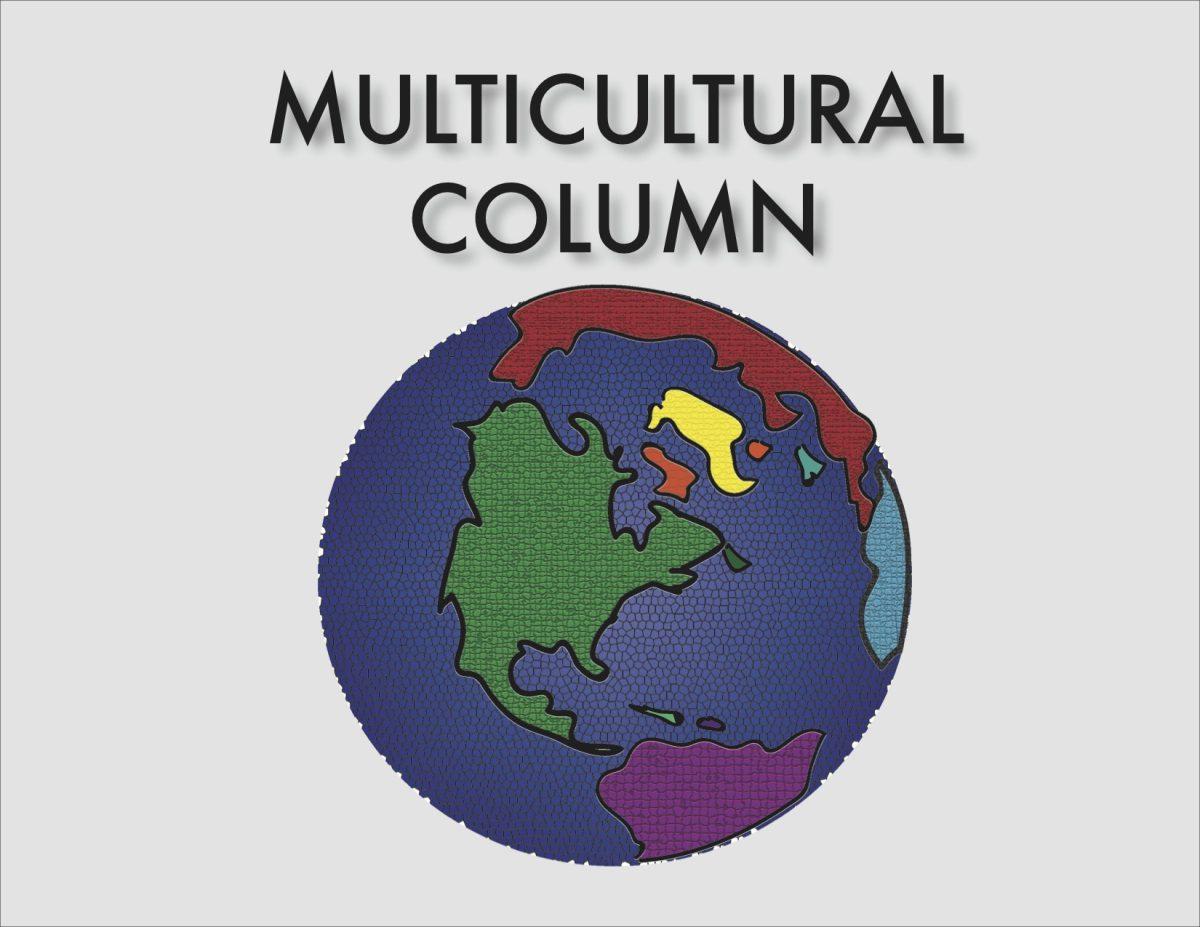I mourn the loss of my native tongue. Not often, but enough to spark the now-familiar guilt when I can only communicate with my grandparents with nods and cheery laughter and the same mangled phrases I have used in the briefest of phone calls for a decade. I mourn it enough to still feel the dull knife of jealousy when I hear the clean enunciation and accents in the casual conversations of others. I mourn the fact that my mind and mouth broke the beautiful connection it had years ago.
I lied; I mourn the loss of my Chinese every day.
Nabokov, a Russian-American novelist whose most famous work is the English-language “Lolita,” once said: “My private tragedy, which cannot, indeed should not, be anybody’s concern, is that I had to abandon my natural language, my natural idiom.” Language, particularly one’s relationship to language, is an intimacy open for others to dissect at their will—and their necessity. I cannot possibly communicate if I keep silent, left to ruminate on my first and biggest failure. My syntax and diction will never be on par with my family’s or peers’, and the humiliation of that has kept me from even trying for years.
I often deny myself the honesty I offer to and expect of others. Allowing myself that honesty would force me to confront the fact that it was not my native tongue that abandoned me, but rather that I, like Nabokov, had abandoned it. When I speak, my tongue stumbles over long-lost words, blundering like an idiot. I have been made an orphan of a language, but it was my decision and shame that pushed her away. How many love letters, flowers, laments would I need before she would take me back again?
When I was four, my family moved 30 minutes away from my paternal grandparents to give my sister and me a better education. Who defines the American Dream more than my family? Before that, I chattered like a little adult with my grandparents. My parents listed me as a native Mandarin speaker with the new school district. It is a mistake my parents did not make with my little sister as they drove me back and forth to a litany of tests to determine my fluency in English. I suppose they found that I could speak the language decently well and conceded me a spot in the ‘regular’ class. But I was a four-year-old who was confused and scared, and the fear turned into shame for a part of me I should never have shamed into nonexistence. I turned away from the part that made me different and embraced a basic commonality. I practiced English every day to catch up to my peers who had a four-year head start. I would, and still do, answer my parents in English. I spent my summers on the white leather couch devouring book after book, only ever leaving the house to go back to the library. But every book I read, my native tongue was siphoned out of my consciousness.
I am intelligent. I can write pages and pages of prose. I can pore over centuries-old poetry and analyze the latest scientific studies. But only ever in English. I fear the day when my infant cousin, who spends his days begging for candy from my grandparents, realizes we cannot have a fluent conversation. Because in Chinese, I struggle with even the simplest of phrases and pronunciations, and I am deemed stupid.
Last week I dreamt in Chinese. In perfect, beautiful Chinese. But not the one taught in schools; the one spoken in the tiny storefronts and cramped kitchens by ancient grandmas and grandpas in my family’s home province. The one scorned by the young people as rural and uncouth. The rustic dialect, or what I have left of it, is where I keep my pride. It’s a little piece of my identity lost to countless others. But last week was an anomaly. I think, feel and dream in English. I can’t argue in Chinese, nor can I joke. The guilt I feel is in English because I don’t even know the word in Chinese.






